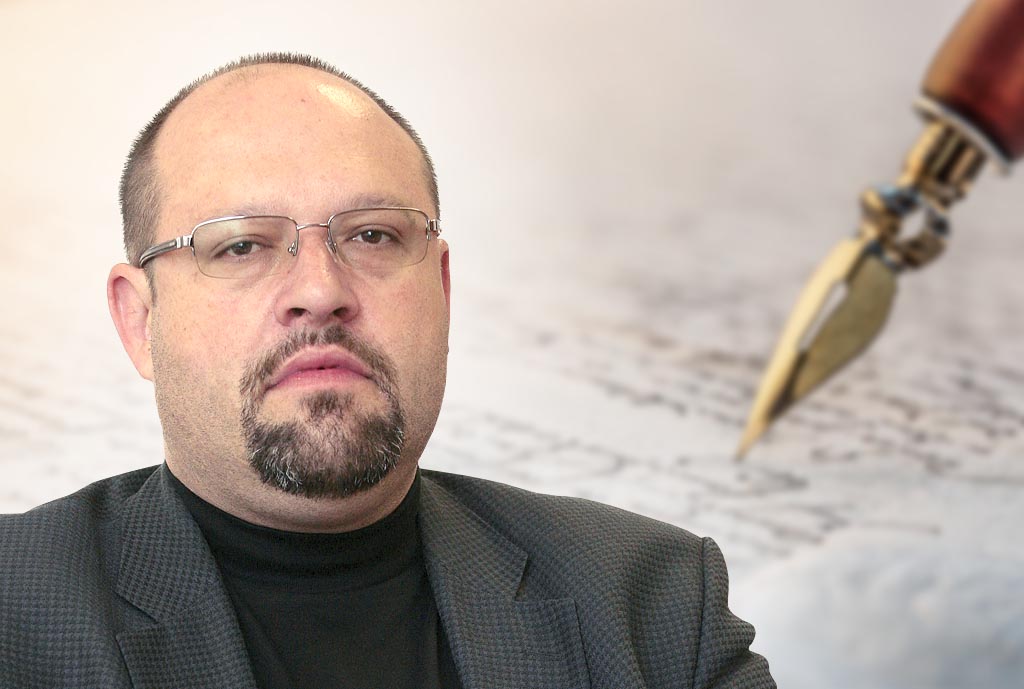By: Dr Matevž Tomšič
One common characteristic of undemocratic regimes is the systematic use of terror against their opponents. This includes harassment, the deprivation of freedom, confiscation of property, and ultimately even killing. The trampling of human dignity in the name of a salvation ideology is a common practice among authoritarians of all stripes. In this sense, communists are not at all different from their fascist and National Socialist counterparts. The terror in the regimes established by these ideologies, which has led to numerous crimes and mass violations of fundamental human rights, was not a mere “deviation” from otherwise good ideas, as their apologists claim. No, it was an integral part of the internal logic of communist regimes, as they were based on an ideology that did not tolerate pluralism and rejected individual freedom (or interpreted it in a very twisted manner).
However, unlike fascism and National Socialism, communism has not faced a decisive and systematic condemnation. It did not have its Nuremberg trial. Few perpetrators of communist violence found themselves in the defendant’s dock, and even fewer were convicted for their crimes. Communist ideology still has many adherents around the world. Nowadays, it often operates under different guises (its proponents, for instance, now have a penchant for the colour green). However, its essence remains the same. It is a tendency to eliminate all those who are not on the “right line” – by any means available.
The use of violence is one of these means. This is also not unfamiliar to modern-day leftists, advocates of so-called cultural Marxism. They often use it to win elections. As described by Alejandro Peña Esclusa in his book Electoral Fraud of the São Paulo Forum, South American leftists have achieved electoral victories by intimidating citizens through street violence (disguised as protests) for months, with their (un)hidden message being: the violence will stop if you vote for us. This happened in Colombia and Chile, where leftists effectively held citizens hostage, and these citizens paid the “ransom” by electing those in whose favour violence was being exercised.
However, we do not need to limit ourselves to just the “green continent”. Similar events occurred in Slovenia during the time of the third government led by Janez Janša when, after a long time, the political right came to power again. Their left-wing opponents immediately organised their “street army” to engage in unrest in Ljubljana (and to a lesser extent in other parts of the country). Roads and squares were constantly blocked, attacks on journalists and photographers occurred, not to mention death threats that were a constant feature of these protest gatherings. One of the opposition leaders at the time even stated that the condition for ending these protests was a change of government. Although they did not succeed in prematurely overthrowing the government, this constant pressure at least prepared some citizens to vote for the newly composed favourite of the left in the elections (saying, “at least now there will be peace”).
With the convincing electoral victory of the left-leaning political option last year, the aggressiveness of Slovenian non-Bolsheviks gained further momentum. They are convinced that it is necessary to thoroughly deal with the “enemies”. This includes not only people who were part of the previous ruling establishment but also those who collaborated with it. Often, someone’s “sin” is simply being appointed to a position during the previous government’s tenure.
The most brutal personnel purge is happening at the national public broadcaster, where they systematically remove all those editors and presenters who were hired during the previous, “Janša-led” administration. One of their victims, until recently, was Valentina Plaskan, the host of TV Dnevnik, who ended up in the emergency room due to constant harassment. This is what Prime Minister Robert Golob, and his enforcers refer to as “depoliticisation”.

